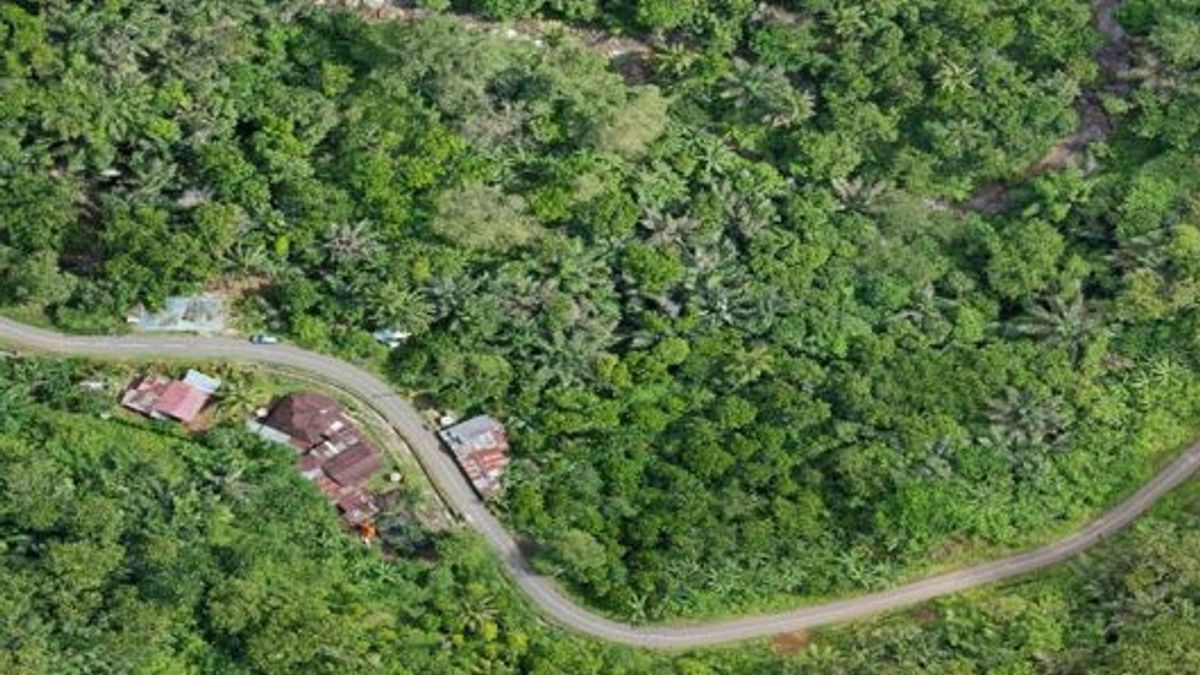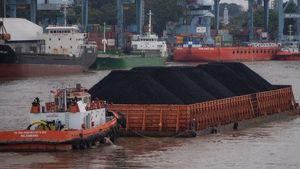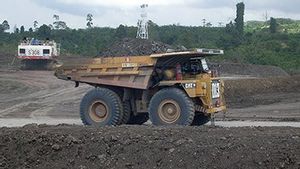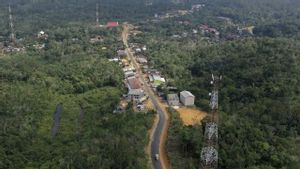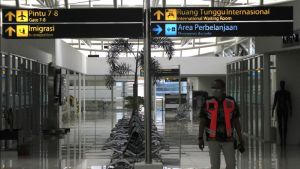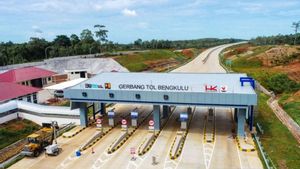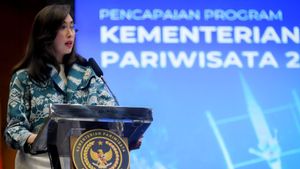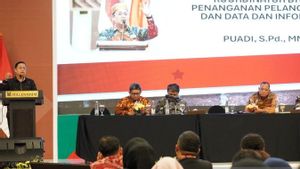JAKARTA - The Indonesian government plans to add up to 600 megawatts of bioenergy generation in the next nine years to increase the clean electricity mix as well as diversify to support national energy security.
"In addition to solar, bioenergy power plants also have great potential to be developed en masse. Over the next nine years the target is to add 600 megawatts", said the Director-General of New Renewable Energy and Energy Conservation of the Ministry of Energy and Mineral Resources, Dadan Kusdiana, in a statement in Jakarta, quoted from Antara on Friday, January 28th.
Dadan revealed that Indonesia has great bioenergy potential because it is based on agriculture with fertile soil so that bioenergy can be developed into a baseload generator that can produce electricity continuously or baseload.
According to him, bioenergy plants can be developed in almost all parts of Indonesia. Based on data from the Ministry of Energy and Mineral Resources, the installed capacity of bioenergy electricity in Indonesia will reach 1,920 megawatts in 2021.
Bioenergy stun is ranked the third-largest in the list of renewable energy in Indonesia after water and geothermal with capacities of 6,601 megawatts and 2,276 megawatts, respectively.
Bioenergy is the most complete clean energy source because it can produce electricity as well as fuel, so it can replace fossil fuels.
VOIR éGALEMENT:
Optimization of bioenergy through biogas in Indonesia has the potential to replace 68 percent of natural gas demand and reduce emissions by 12.1 percent.
In addition, the development of biogas from organic waste will also have a positive impact on the domestic economy by opening at least 160,000 job opportunities.
Currently, the Indonesian government has developed a strategy to facilitate the development of bioenergy, especially from industrial waste from agriculture and wood processing.
The strategy was created through collaboration between the Directorate General of New Renewable Energy and Energy Conservation of the Ministry of Energy and Mineral Resources and the German Ministry of Environment, Nature Conservation and Nuclear Security.
The English, Chinese, Japanese, Arabic, and French versions are automatically generated by the AI. So there may still be inaccuracies in translating, please always see Indonesian as our main language. (system supported by DigitalSiber.id)
